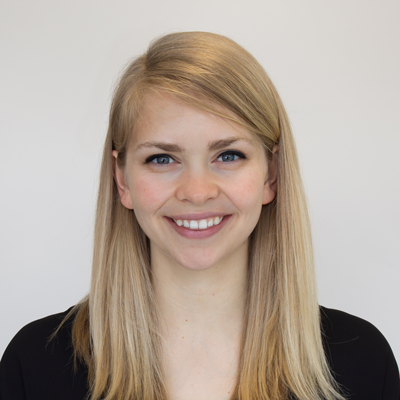Putting patients in the driver’s seat of their data: A Q&A with Ciitizen CEO Anil Sethi
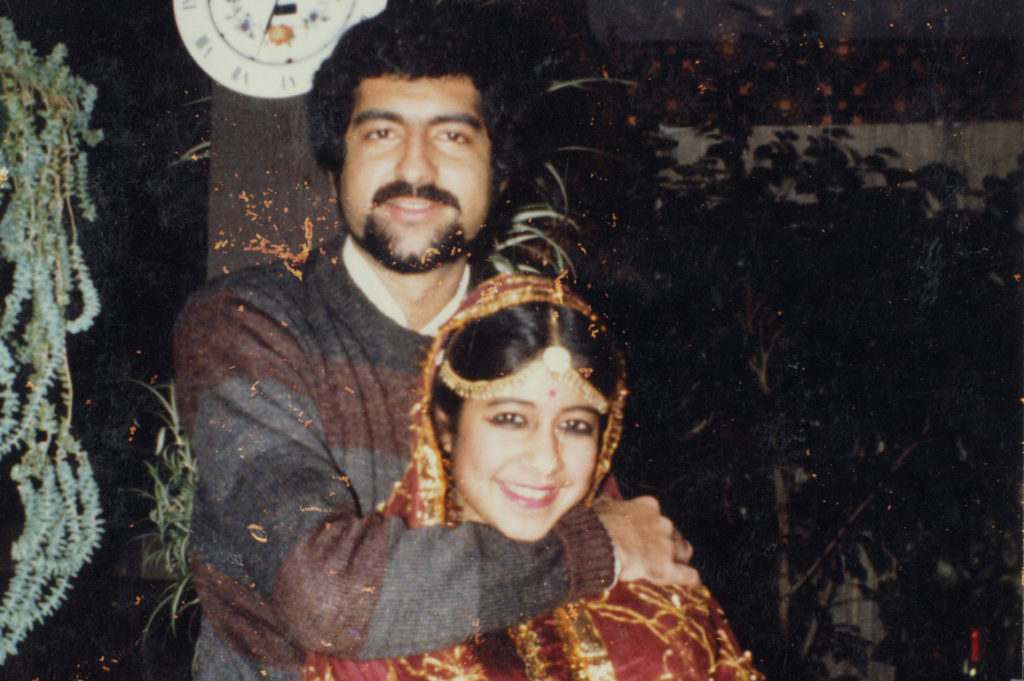
Anil and his sister Tania, who was 10 years younger than him. “I raised her from birth to age three. We were quite close.”
Imagine a world where you could collect all your health data in one place and decide what to do with it: donate it to researchers, get a second opinion, or coordinate with your caregivers. Oh, and it wouldn’t cost you anything. Anil Sethi believes this should be our reality—and he’s working everyday to make it happen, starting with cancer. Anil lost his little sister Tania on September 11th, 2017 to metastatic breast cancer. From “oh my God, don’t let it be cancer” to Tania’s last wishes, he’s experienced the caregiver journey firsthand.
In honor of Tania, Anil founded Ciitizen to help kill cancer in our lifetime—and give patients power over their health outcomes along the way. We’re thrilled to have him join us at Rock Health Summit next month, where he’ll dive into how empowering patients with their health data will change the face of life-saving clinical research and development. We sat down with Anil to get his take on building a business around making personal health records portable ahead of his session on September 25th (get your ticket here!):
What does it look like when a patient takes control of their own healthcare data?
I’ll give you three quick examples from my own experience with my little sister Tania, a late stage metastatic breast cancer patient, to help collect and share her records in the last year of her life. First, Tania had a longitudinal record that went back five years and when we looked at all the encounters in sequence, we were able to spot exactly at which encounter the healthcare professional missed her earlier diagnosis. Second, Tania was able to share her longitudinal summary across state lines for a second opinion—obviously, no HIPAA violations. Third, UCSF uses Epic, which went down one day two years ago, hard. Thirty-six hours offline, and not even Judy could bring it back up. Many appointments were canceled. Not Tania’s. She and Dr. Hope Rugo spent 45 minutes with an iPad looking at disease progression and next steps. These are just a few of the many examples of how Tania benefited by taking control of her own healthcare data.
You’ve mentioned that patients might be the only mediating solution to the data and record fragmentation problem within healthcare. How do you envision everyone else—clinicians, caregivers, health apps—accessing these personal health records?
Globally, the regulatory cloud addressing unauthorized release and use of personal data, including protected health information (PHI) and personally identifiable information (PII), it’s only becoming more stringent. However, patients are the only entity outside of regs who can fix the interoperability problem by making their data portable. Only the patient knows where they have left a breadcrumb trail of health data behind them. Once in control of their data, it can be shared with oncologists, payers, researchers, and apps—or just pay it forward by donating a copy of their record to the National Cancer Institute. And no ecosystem will flourish without liquidity of its currency—in this case health data. Only a patient can legally and ethically mediate this data liquidity, worldwide.
How does patient ownership of data unlock opportunities for drug development and clinical trials?
RWE. Real world evidence. Everybody wants it, few can collect it. What happens to the patient once she leaves the EMR environment or takes a newly released drug in “Phase
4”? Crickets. Nobody captures this RWE exhaust. However, patient consented data allows trials to automatically detect possible matches in minutes—not weeks.
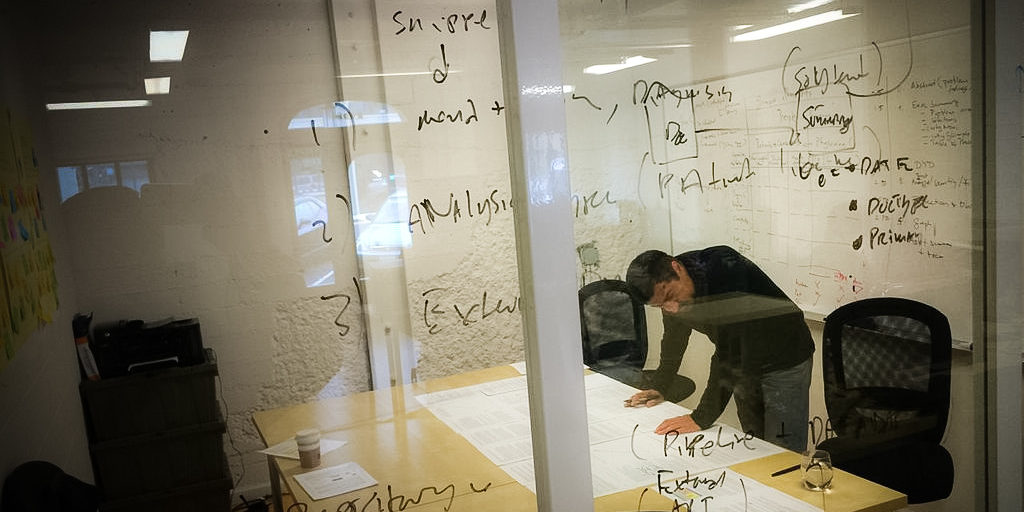
Burning the midnight oil in the Gliimpse office in Redwood City. Gliimpse was acquired by Apple in 2016.
Ciitizen is your second foray into building a business around the portability of personal health records. What has surprised you most about this challenge, and what keeps you going?
Actually, there have been a few healthcare ventures before: Dakota, Sequoia, Xlipstream, Pinch, Gliimpse, Acoustiic, and now Ciitizen. Sometimes I feel that my last 30 years have been a warm-up act for Ciitizen. Two things surprise me most: for one, our industry simply bumps along technology adoption, seldom involving the patient and without a specific point of view (if you don’t know where you want to go, you’ll never get there), and two, just the amount of pushback and discouragement observed from healthcare. Not quite a surprise because the one-third waste we acknowledge in a $3 trillion US health span, we also forget that this waste is someone else’s wages, and they’re not going to simply let $1 trillion of wages evaporate overnight. I’m a very lucky guy. Life has been exceptionally generous to me and my family. I work on this problem because I know how to solve it. That, and I made a deathbed promise to my little sister Tania that I would do everything in my power to help kill cancer in my lifetime. Capisce!?
You’ve looked at this problem from both the “big tech” perspective at Apple and as a startup founder. What does the ecosystem—big tech, providers, startups, patients, government—need to do to move this work forward?
I’ll start with government, which is slowly but thankfully enacting strong regulation allowing patient access to all data used in the treatment of their care. This set includes imaging, all EMR, notes, and genomics, plus financials. This is huge, the wind in our sails. And with large companies firing their consumer-health missiles across the bow of the “USS Healthcare,” our ecosystem has been put on notice that change is coming. You can be part of the steamroller or you can be part of the pavement. Choose. Never in my 30 years have I seen this much momentum behind a revolutionary jump in computational biology. But it’s one that requires in-depth understanding of the Gordian knot which remains as the impedance mismatch between making records portable and making them semantically interoperate—skills missing in the Valley, and nationwide.
What are you most excited about for Rock Health Summit?
Healthcare informatics and consumer-health IT is a small community. I expect to visit with and engage my many colleagues visiting San Francisco.
Sometimes we ask Rock Health Summit speakers to share a fun fact with the audience (spoiler alert!). Quick—what would yours be?
Having been accused of being a “car guy,” I can admit here that my last purchase of an original Mini was car number 88 for me. Busted.
Hear more from the leaders changing the trajectory of healthcare—register for the eighth annual Rock Health Summit on 9/24-25 in San Francisco before tickets sell out.
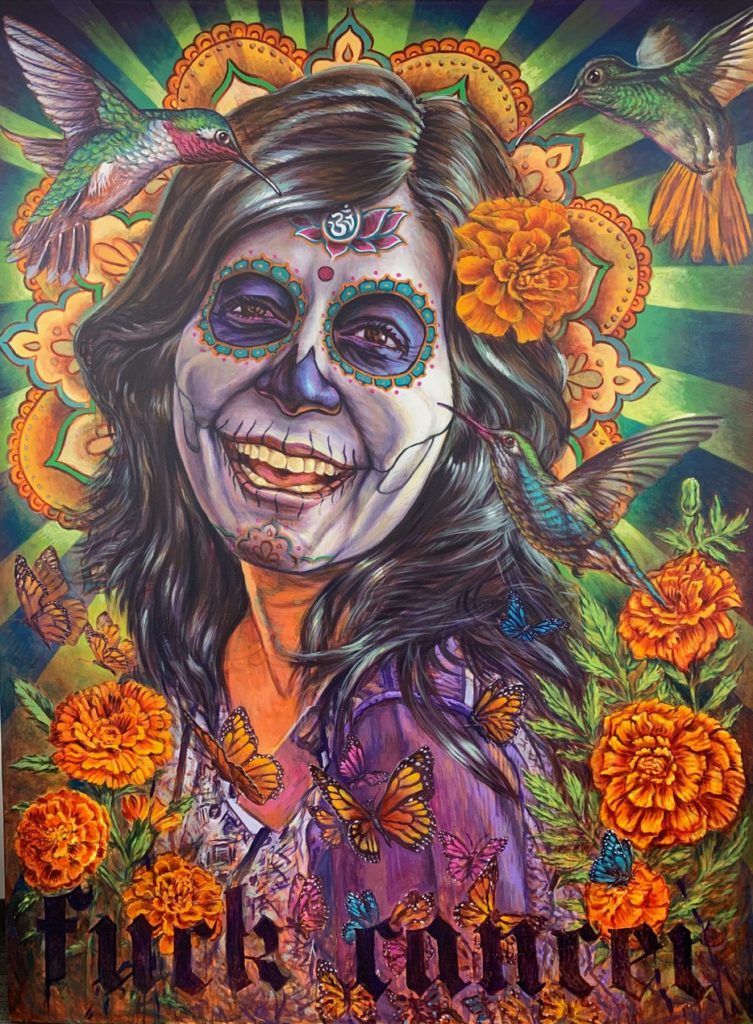
San Francisco artist Francisco Franco was commissioned to paint this 8 foot tall portrait of Tania, which hangs in the Ciitizen office. It recognizes that she has died, but also the joy that she was carried across the transom by butterflies, hummingbirds, and marigolds.
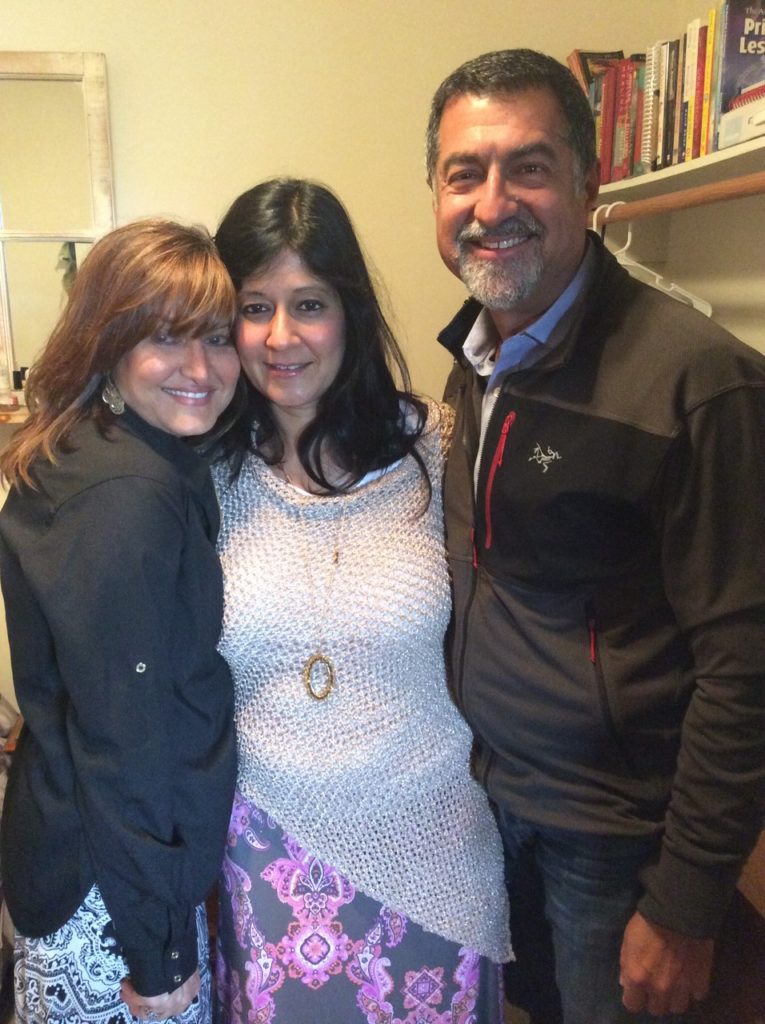
When Tania was diagnosed, their other sister Natasha flew to California so they could all three be together.
